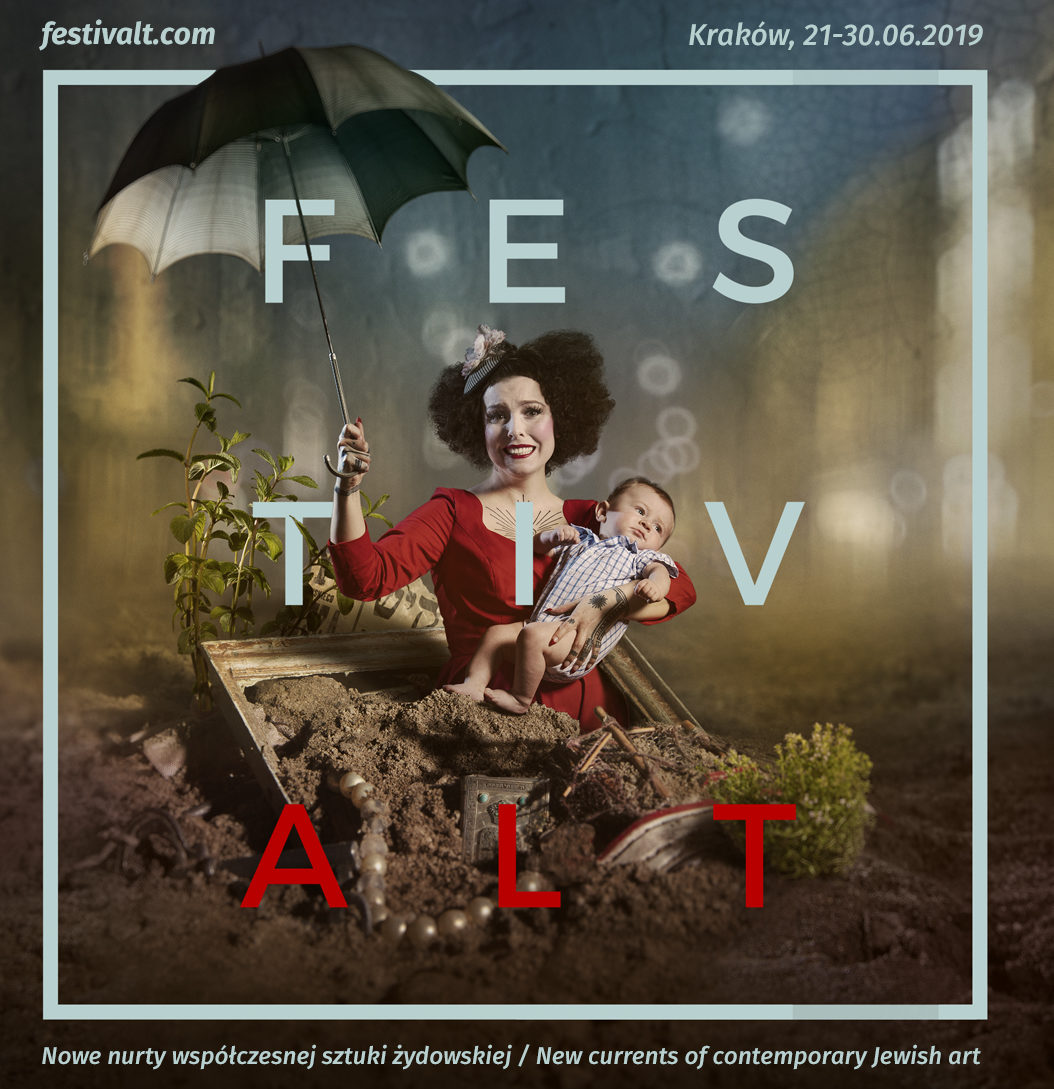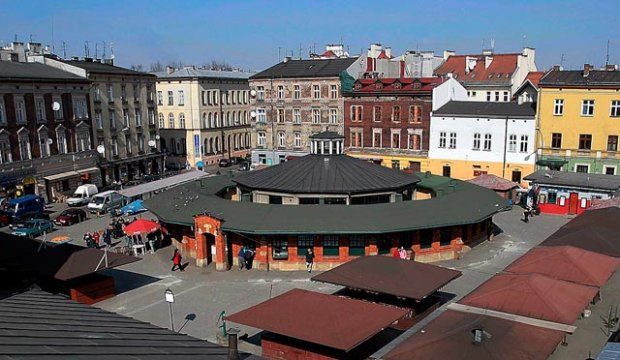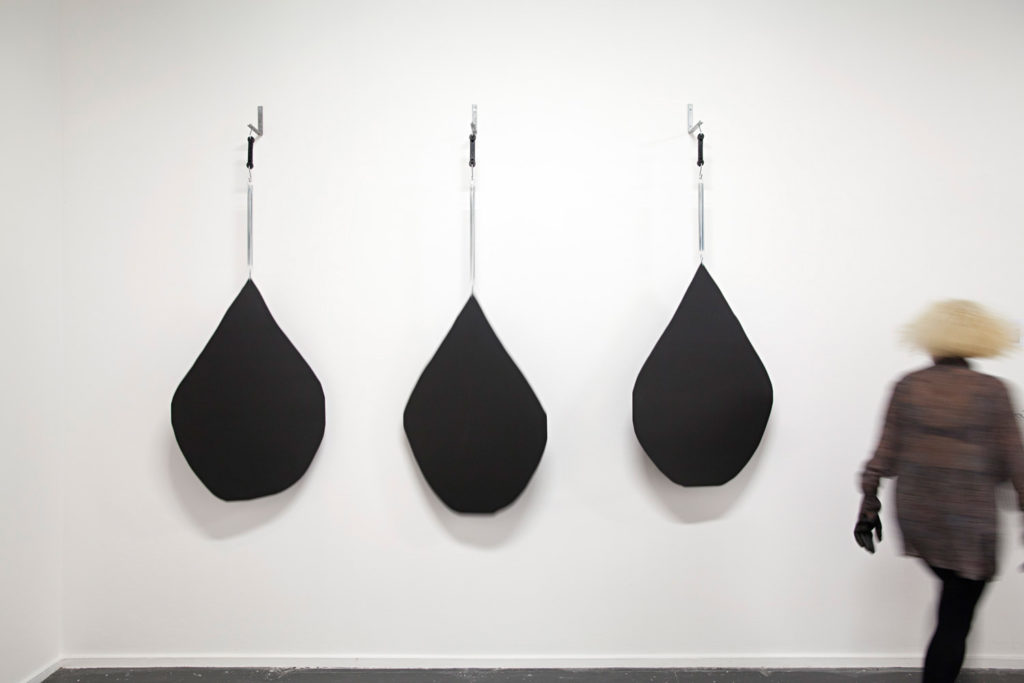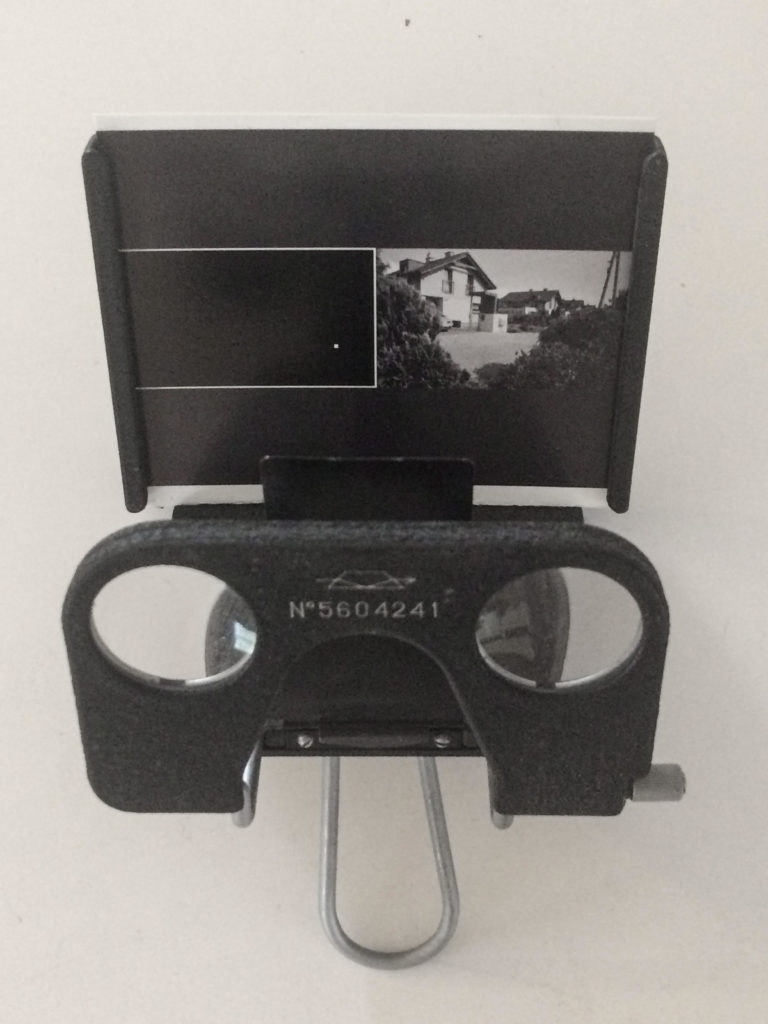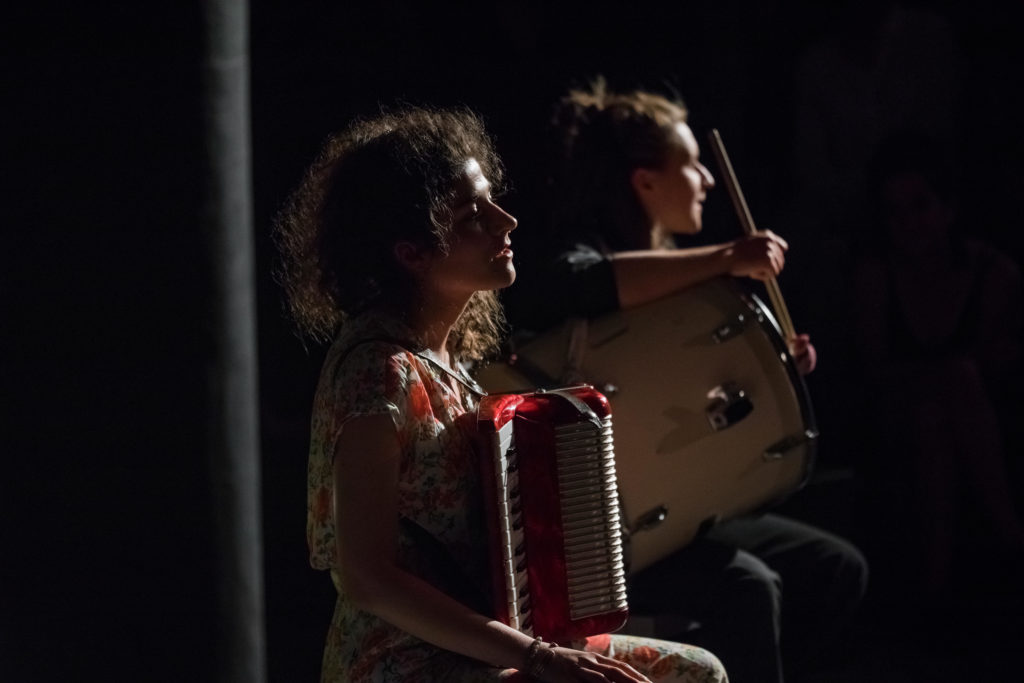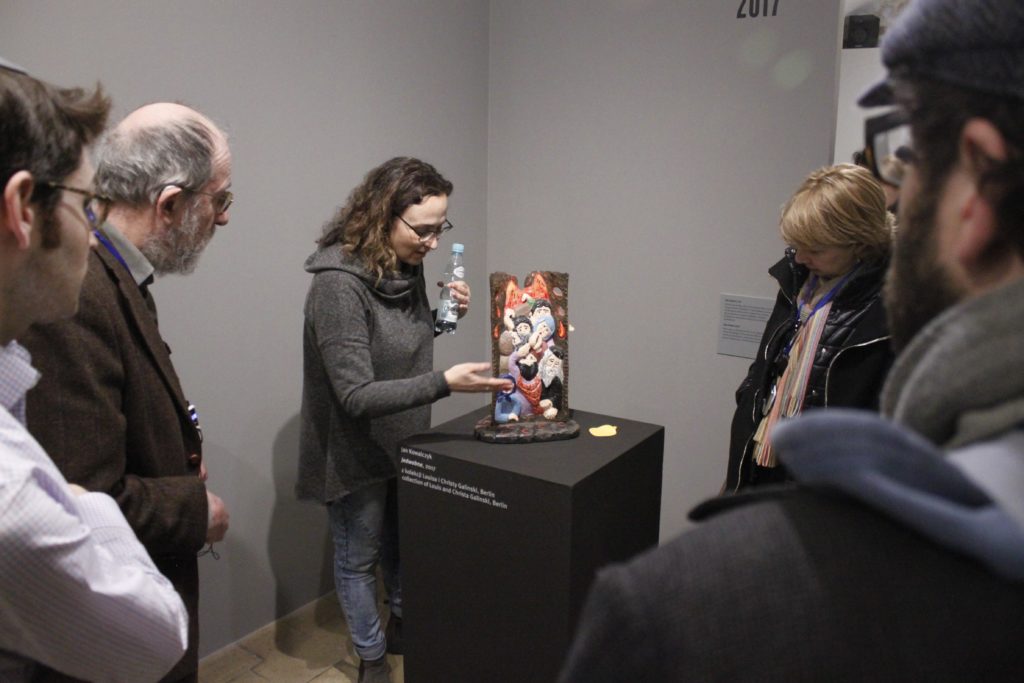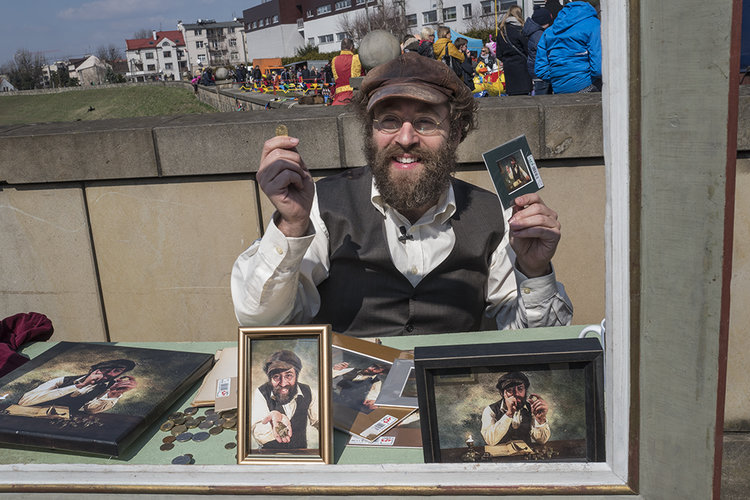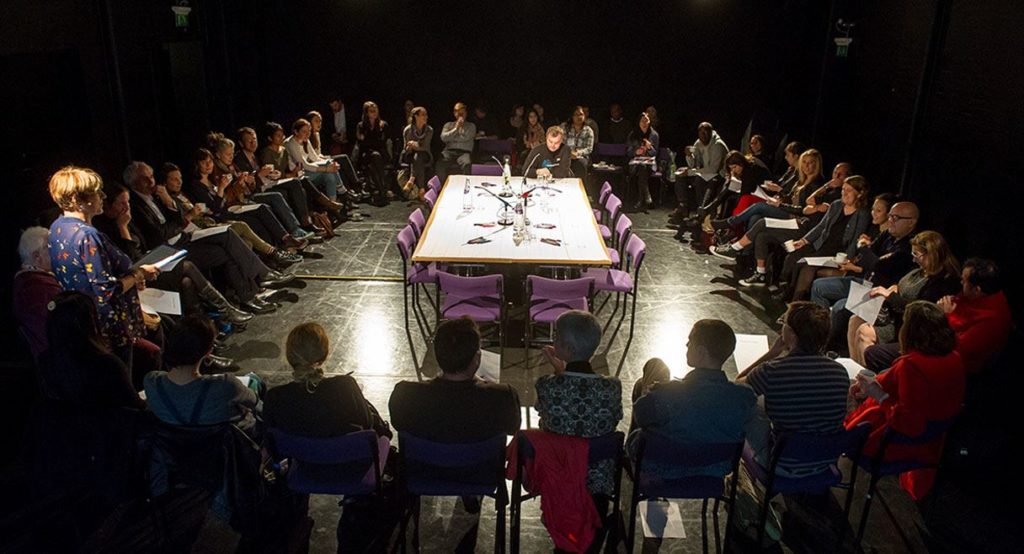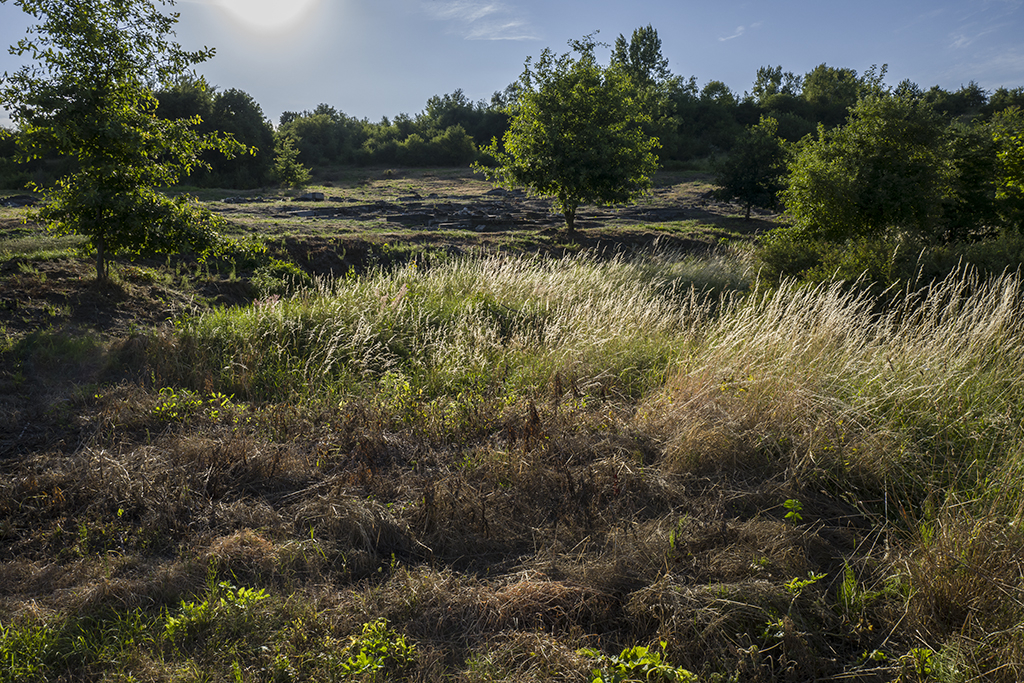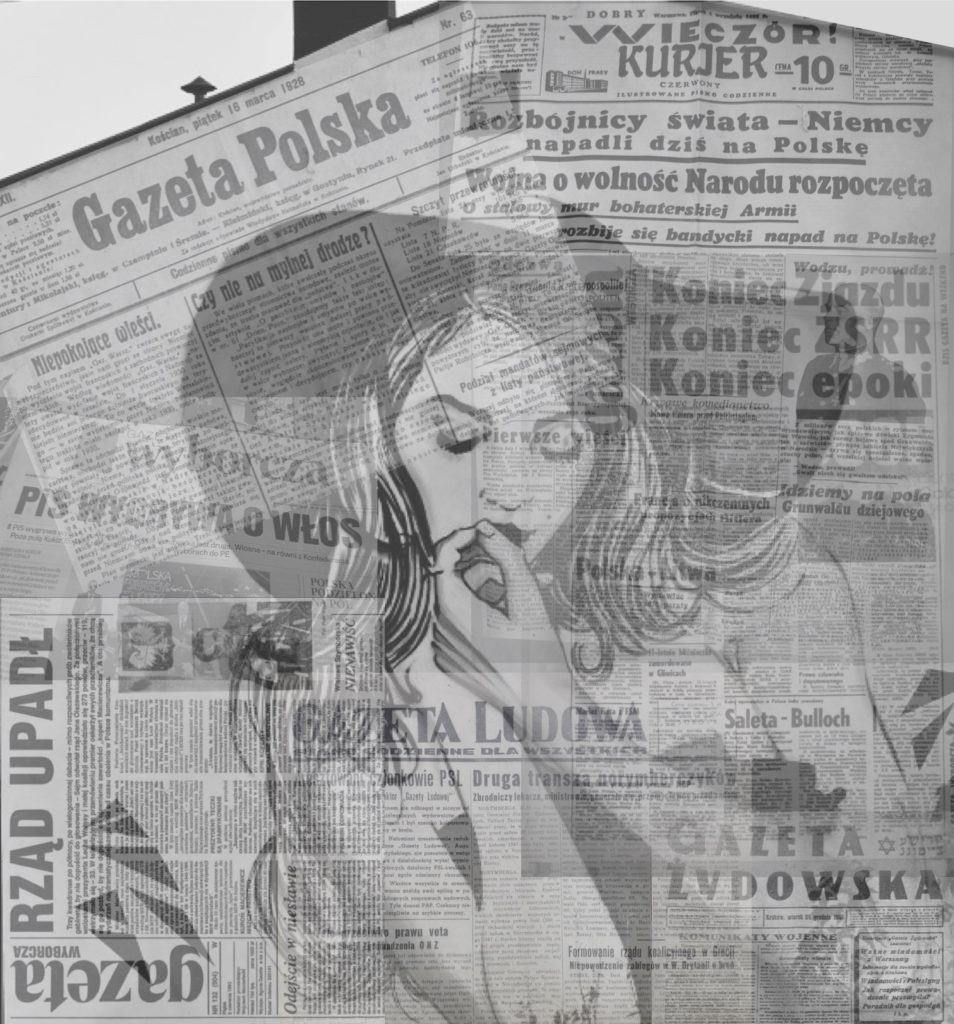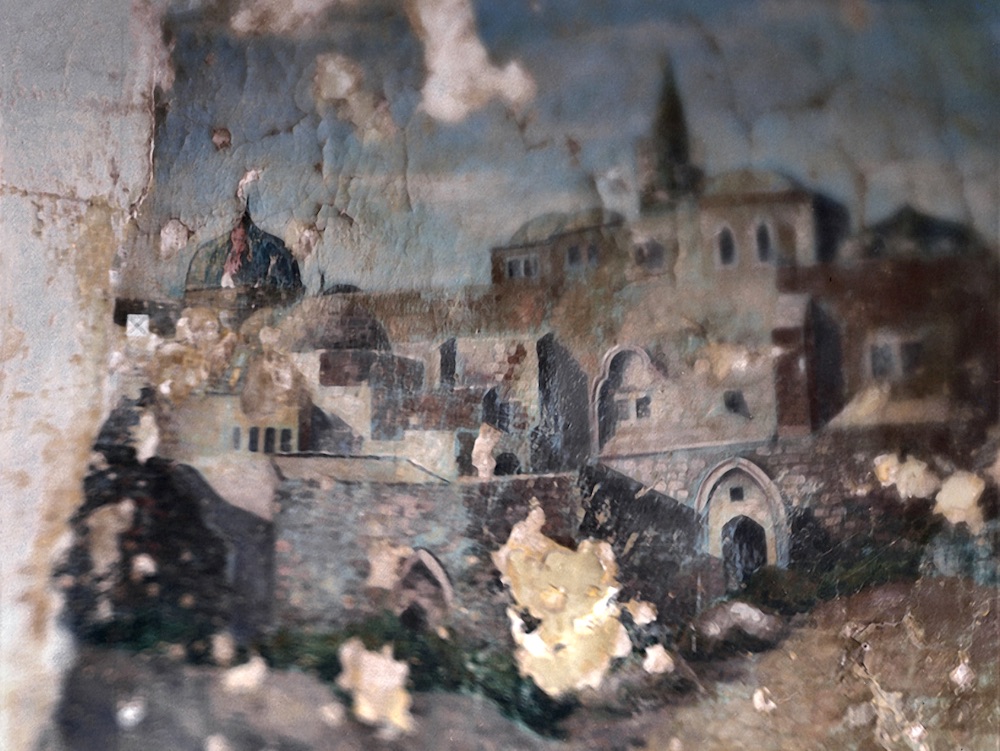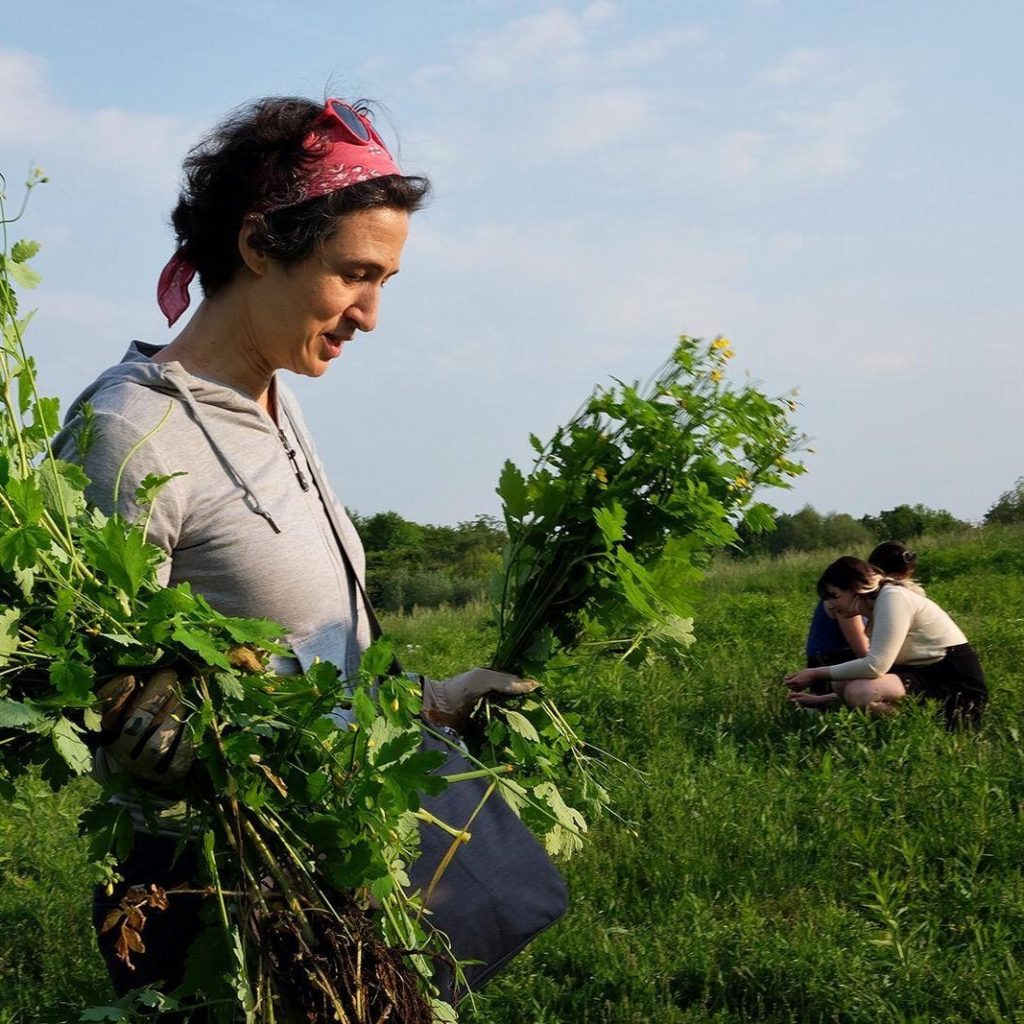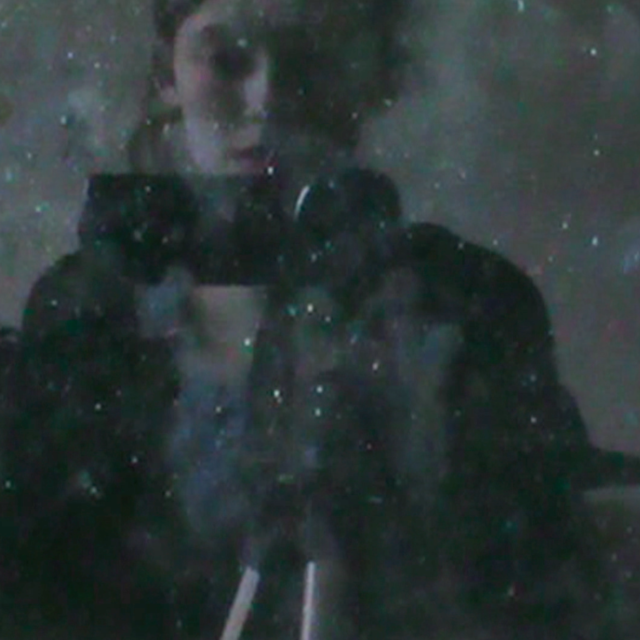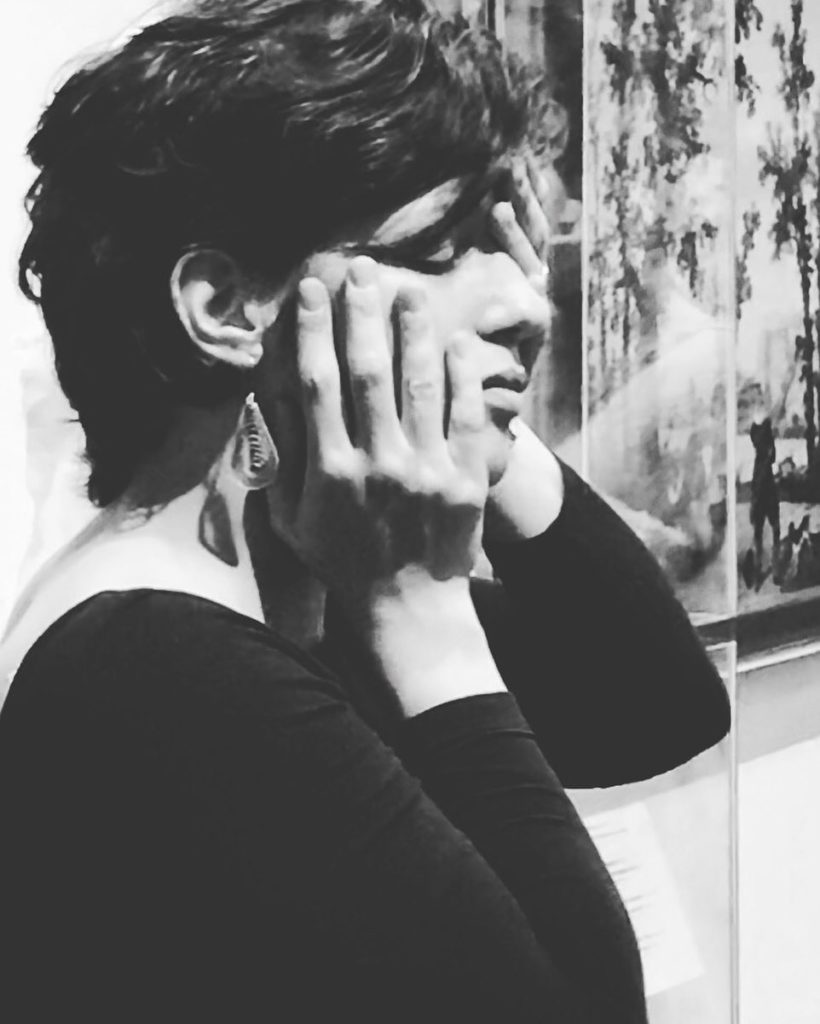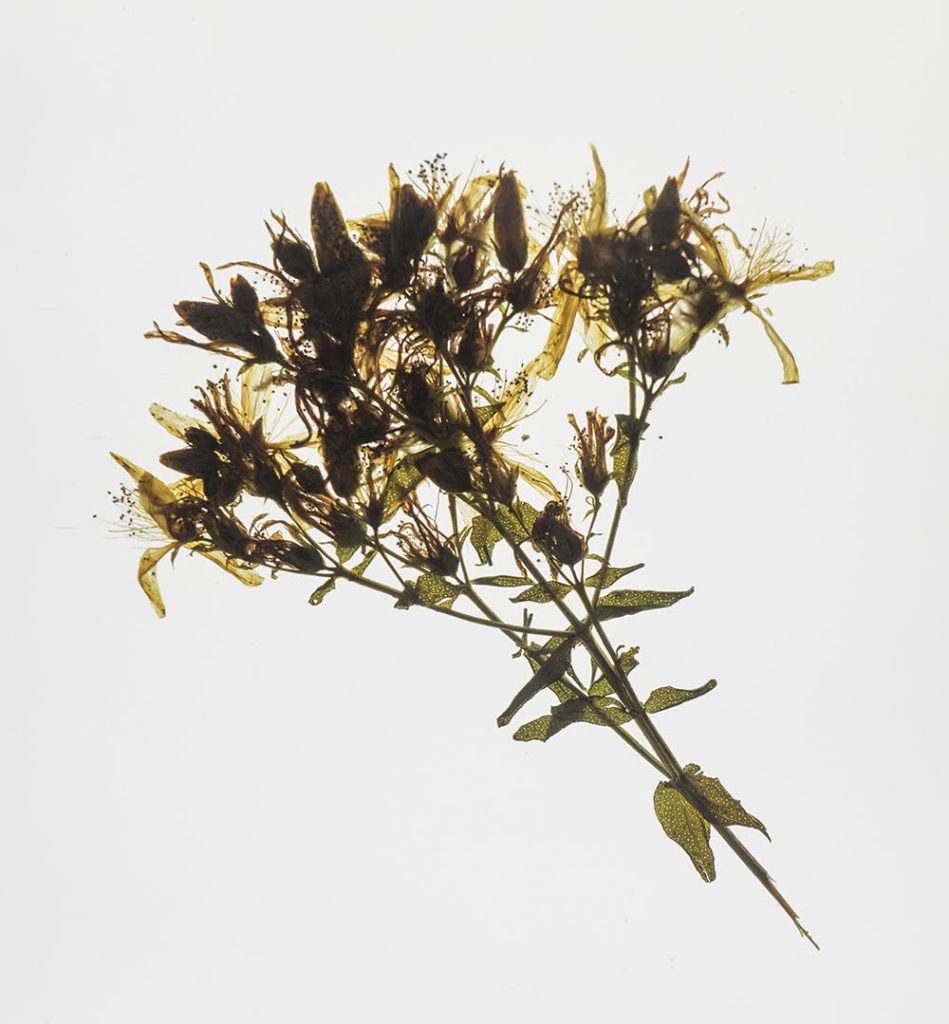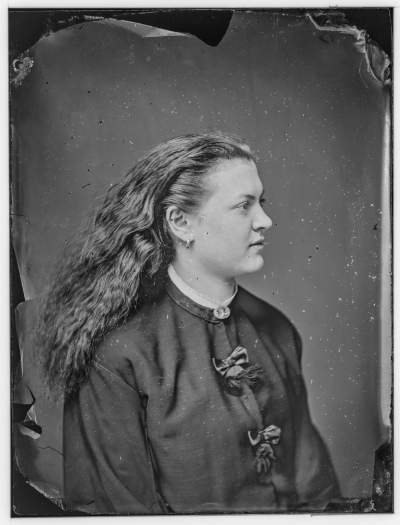
A woman of many photographs and one great gesture. When Amalia Krieger and her brother Natan inherited Ignacy Krieger’s photography studio, they decided to keep signing photographs with their famous father’s name. We know about what she did, we know about the way she worked. As for her thoughts and ideas—we will try to access them through her photography.
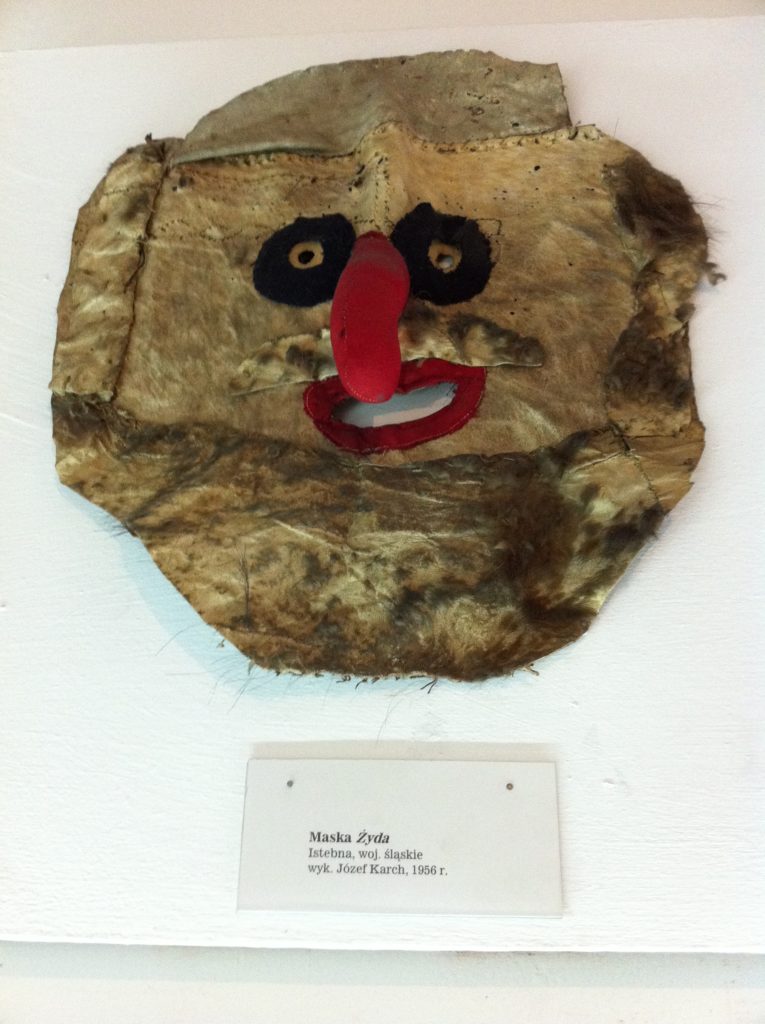
Cultural anthropologist Erica Lehrer will lead a tour of the permanent exhibition of the Ethnographic Museum, focusing on the artefacts (as well as the absences) related to Jews and Jewish culture. What do these objects say about non-Jewish Polish conceptions of Jews and Jewishness? How should “folk” culture about and by Jews be displayed in this kind of museum?
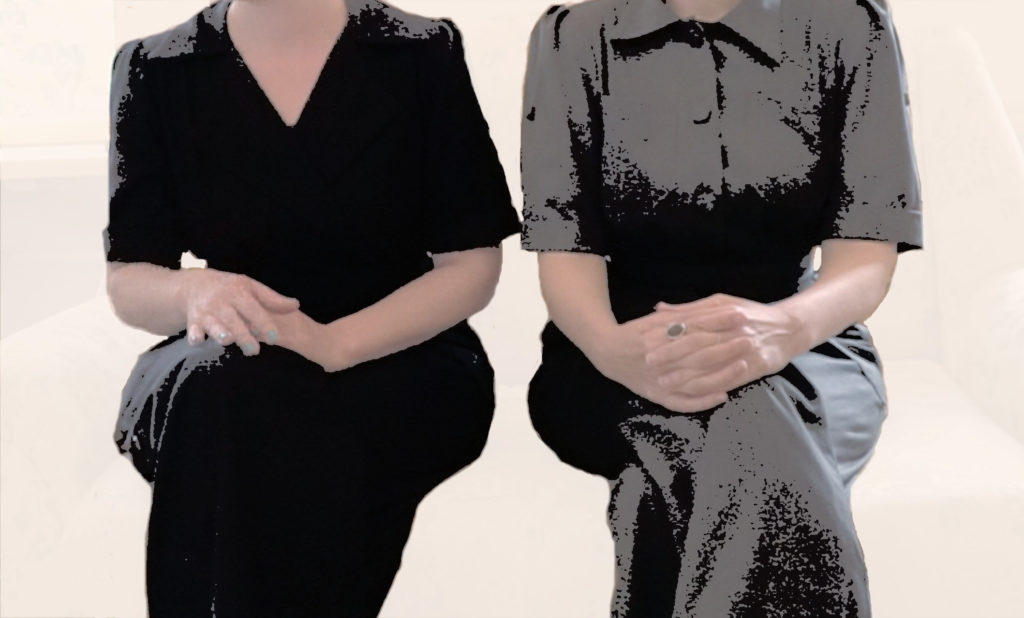
Confronting challenges of identity, memory, translation, and place, Michelle Levy and Patrycja Dołowy will perform their experience in conversation, between passionate search and profound discovery. Having followed Paulina’s story across Poland and Ukraine, the two women will summon archives, personal travel footage, maps, oral histories, foliage, pieces of the earth, speculation, and reflections, as tangible means to share what is truly ungraspable.
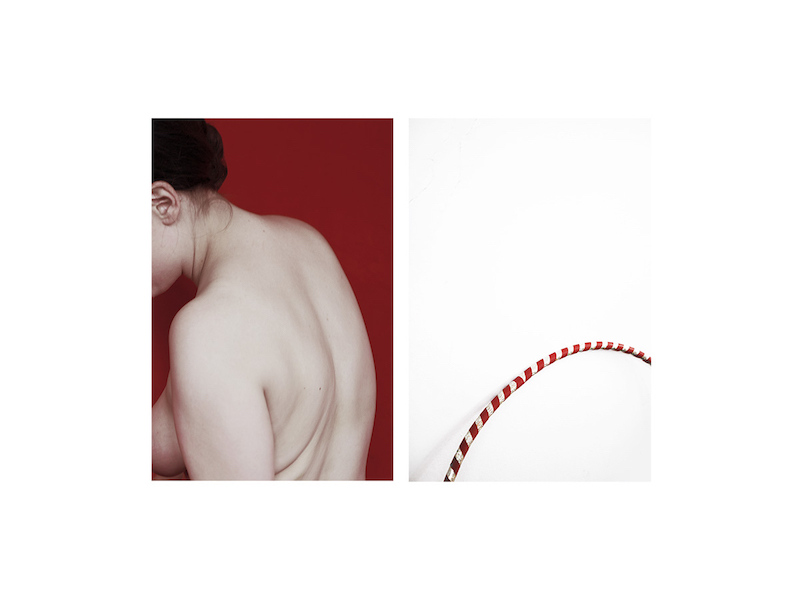
Women on Women is an evening of sharp, often irreverent performances that question fixed understandings of Jewishness and gender, religion and sexuality, entirely through a female lens. This year’s edition features Warsaw-based painter Marta Malinowska, New Orleans-based burlesque artist, Angie G, and Krakow-based furrier Marta Horowitz. The evening is hosted by the famous burlesque artist Betty Q and will revolve around themes of games and play.
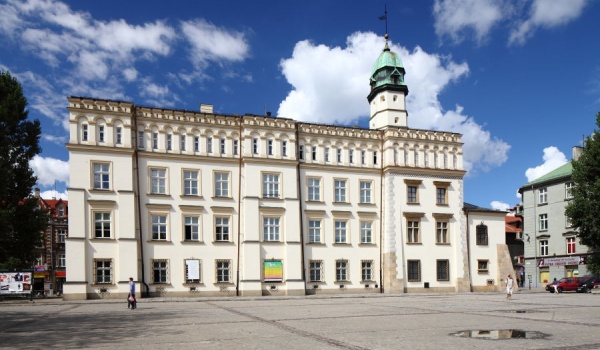
Join FestivALT and MEK Director Antoni Bartosz for a candid conversation about the museum’s collection of objects related to Jews and the museum’s responsibility to represent Poland’s multiethnic history in general. What should be expected of an institution that uses the slogan “My museum, a museum about me”? On this day you can visit the Museum for free – just say “FestivALT” at the counter.

The debate about the origins of hummus is a long and controversial one: nearly every country and ethnic group in the Middle East has made a claim to be its primary inventors, and buying or selling the food can quickly become a political statement. This debate has not left Kraków unscathed: while in much of the city, hummus is primarily sold as a product of the Arab world, in Kazimierz, it’s typically treated as a Jewish Israeli foodstuff. For this inaugural event of FestivALT Nights, join Bart and Kasia, owners of Hummus Amamamusi and makers of self-described “Polish hummus,” for an evening that will change everything you think you know about a little legume called the chickpea.
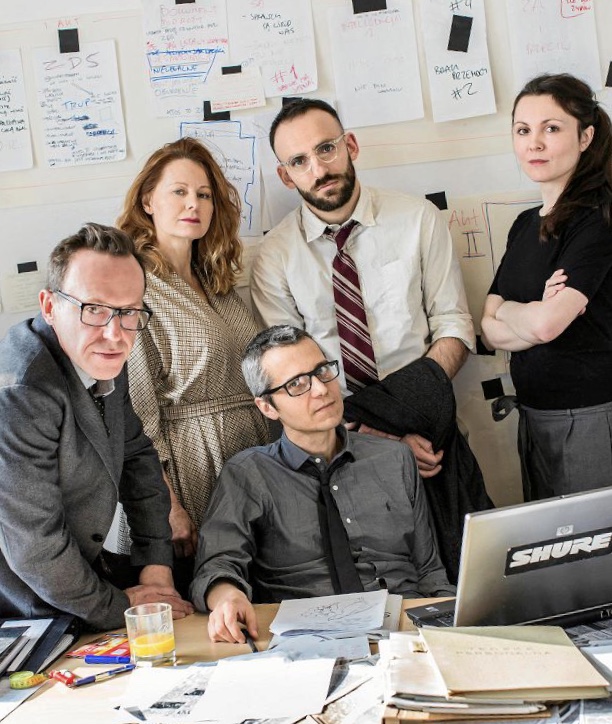
Part theatrical production and part legal intervention, Justice is a unique performance that investigates the possibility of holding accountable the people responsible for the expulsion of Jews from Poland in 1968. For FestivALT 2019, internationally acclaimed director Michał Zadara is performing a one-man version of the piece. After the show, Zadara will stay for a talkback with the audience.
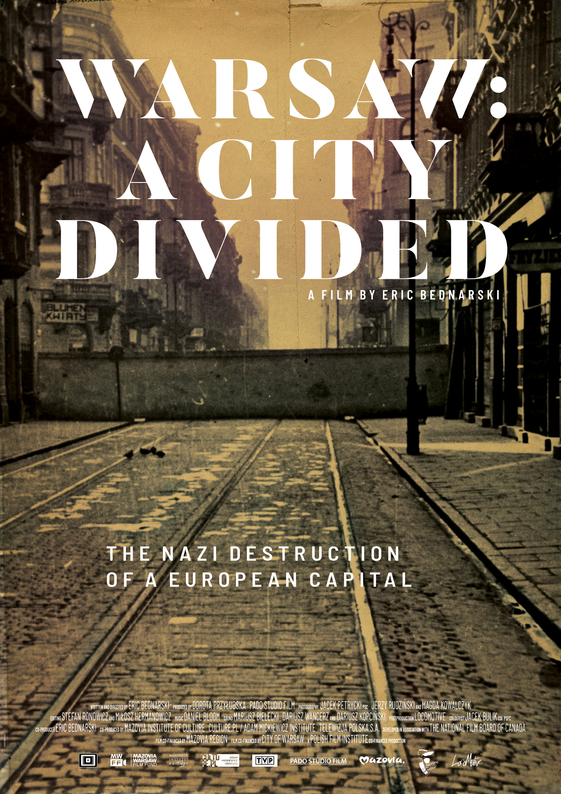
Fifteen years ago, a young Polish-Canadian filmmaker Eric Bednarski obtained an amateur 8mm film, 10 minutes’ footage of the life inside the Warsaw Ghetto, under the German occupation of the city during World War II. Inspired by this footage, Eric created a movie that combines the 10 minutes from the Warsaw Ghetto with survivor testimony, interviews with architects and urban historians about the reconstruction of Warsaw, and research into the Nazis’ unrealized plans for post-war Warsaw.
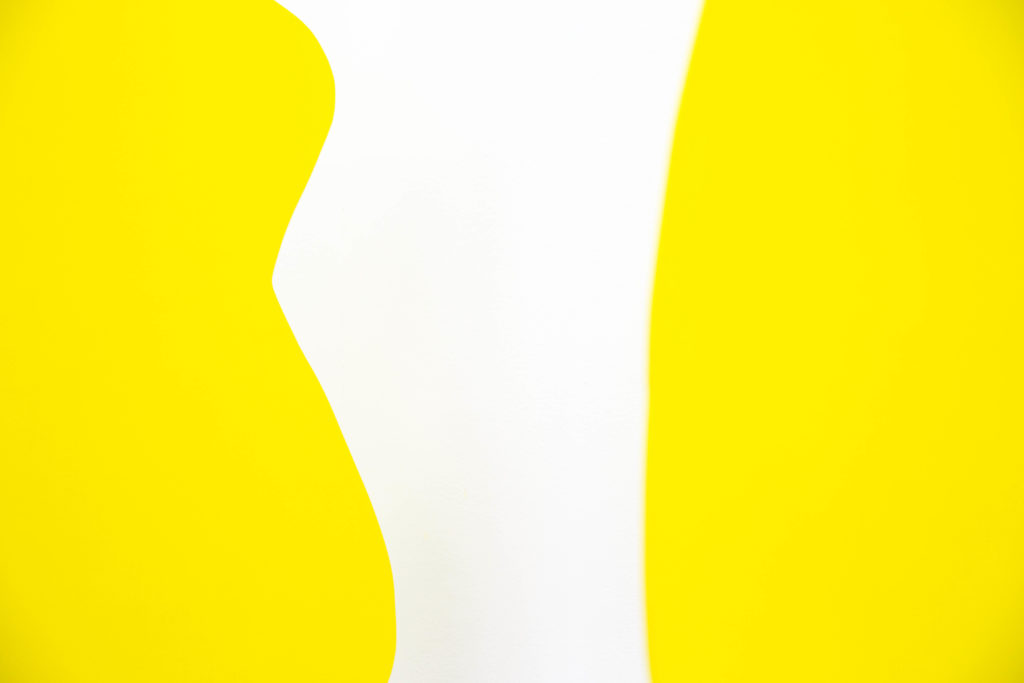
FestivALT 2019 artists Stephania Freda Leigh (Their Breasts, My Breasts), Betty Q (Madame Q’s) and Zofia Noworól (What Does Kazimierz Dream About?) come together for a public discussion about their three FestivALT projects and their uniquely individual approaches to the investigation of the female body through art.

Composer/guitarist Alex Roth relocated from London to Kraków last year, reversing a migratory path traced by his great-great-grandfather in 1890. Weaving improvisations around his own field recordings, this multi-part promenade performance explores tensions between documented and experienced memory, unfolding across four sites of special significance to Kraków’s Jewish community.
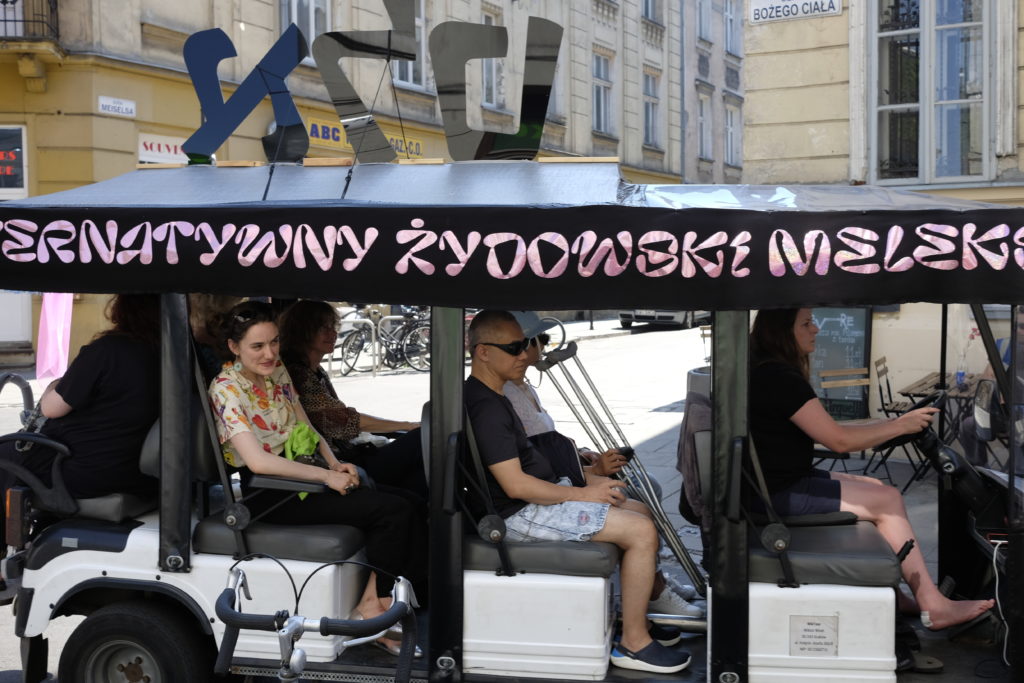
At first glance, Krakow’s district of Kazimierz feels like a paradise of trendy bars, cute cafes and classy restaurants set among the remnants of the city’s Jewish past. But there’s also an obscure Jewish Kazimierz, full of magnificent and tragic history, as well as a present complicated by gentrification, mass tourism and questionable representations of Jewish culture. FestivALT, a local Jewish arts collective, takes you on a unique, critically-minded tour in a golf cart that will open the door to exploring the tensions, nuances, and cultural confusion of contemporary Kazimierz.
